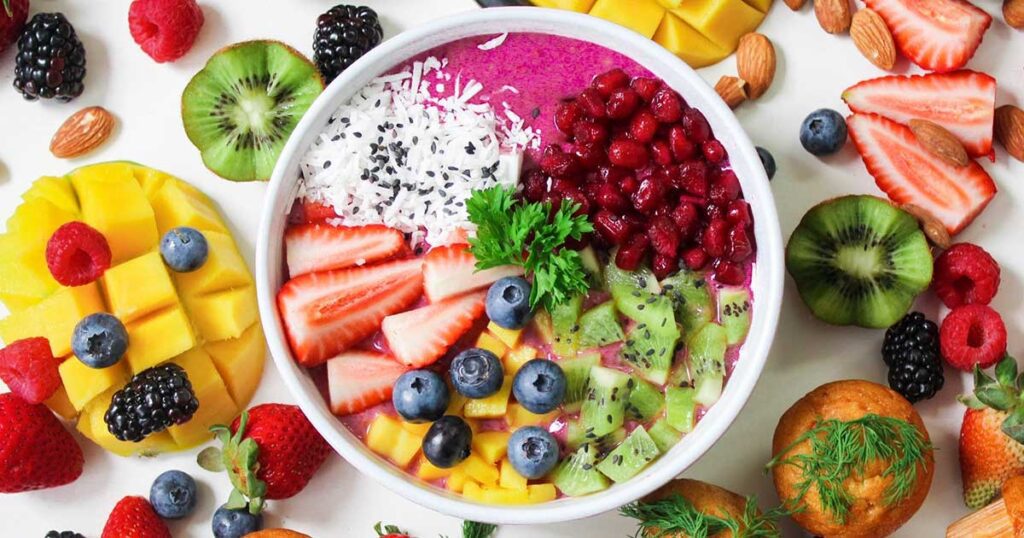In this article, we will explore the relationship between diet and testosterone levels. Testosterone is a vital hormone in the human body, particularly for males. It plays a crucial role in various aspects of health, including muscle growth, bone density, libido, and mood. Many factors can influence testosterone levels, and diet is one of them. We will delve into the foods that may lower testosterone and those that support healthy levels.
Understanding Testosterone
2.1 What is testosterone?
Testosterone is a hormone primarily found in males, although females also have small amounts. It is produced in the testicles in men and the ovaries and adrenal glands in women. Testosterone is responsible for the development of male characteristics, such as facial hair, deep voice, and muscle mass.
2.2 Importance of testosterone
Testosterone plays a vital role in various bodily functions. It helps maintain muscle mass, promotes bone density, enhances libido, regulates mood, and contributes to overall well-being. Balanced testosterone levels are crucial for optimal health.
Impact of Diet on Testosterone
3.1 Foods that lower testosterone
Certain foods have been associated with lower testosterone levels. It’s important to note that consuming these foods in moderation is unlikely to cause significant harm, but excessive intake may have an impact. Some examples include:
3.1.1 Soy-based products
Soy contains compounds called phytoestrogens, which mimic estrogen in the body. High intake of soy-based products, such as tofu or soy milk, may lead to a slight decrease in testosterone levels.
3.1.2 Flaxseeds
Flaxseeds are rich in lignans, which have estrogen-like properties. Consuming excessive amounts of flaxseeds may affect hormone balance, including testosterone.
3.1.3 Alcohol
Excessive alcohol consumption can have a negative impact on testosterone levels. Alcohol can disrupt hormone production and liver function, leading to decreased testosterone levels over time.
3.2 Foods that support healthy testosterone levels
On the other hand, certain foods can support healthy testosterone levels. Including these in your diet can help maintain optimal hormone balance. Some examples include:
3.2.1 Lean meats
Lean meats, such as chicken, turkey, and lean cuts of beef, are excellent sources of protein and important nutrients like zinc and vitamin B. These nutrients are essential for testosterone production and overall hormonal health.
3.2.2 Leafy greens
Leafy green vegetables like spinach and kale are rich in magnesium, which has been linked to testosterone production. They also provide important vitamins and antioxidants that support overall health.
3.2.3 Nuts and seeds
Nuts and seeds, such as almonds, walnuts, and pumpkin seeds, are excellent sources of healthy fats, protein, and minerals. These nutrients are beneficial for testosterone synthesis and overall hormonal balance.
The Role of Processed Foods
4.1 Harmful effects of processed foods
Processed foods, such as fast food, sugary snacks, and processed meats, can negatively impact testosterone levels. They often contain unhealthy fats, high levels of refined carbohydrates, and additives that can disrupt hormone production and overall health.
4.2 Alternatives to processed foods
Opting for whole, unprocessed foods is a healthier choice. Focus on consuming fresh fruits and vegetables, whole grains, lean proteins, and healthy fats. This approach provides essential nutrients while minimizing the negative effects associated with processed foods.
The Impact of Sugar and Carbohydrates
5.1 Effects of excess sugar and carbohydrates
Diets high in sugar and refined carbohydrates can lead to insulin resistance and weight gain. These factors can negatively affect testosterone levels. Excess sugar consumption also contributes to inflammation, which can interfere with hormone production.
5.2 Healthy alternatives
Choosing complex carbohydrates like whole grains, fruits, and vegetables over refined sugars can help maintain stable blood sugar levels and support hormonal balance. Additionally, opting for natural sweeteners like honey or maple syrup in moderation can be a healthier alternative to refined sugars.
The Role of Healthy Fats
6.1 Benefits of healthy fats
Healthy fats, such as those found in avocados, olive oil, and fatty fish like salmon, provide numerous health benefits. They contribute to hormone production and are essential for the synthesis of testosterone. Including these fats in your diet can help support optimal testosterone levels.
6.2 Sources of healthy fats
Incorporate sources of healthy fats into your meals. Avocado slices on whole-grain toast, a drizzle of olive oil over salads, or enjoying a serving of fatty fish a few times a week are great ways to include healthy fats in your diet.
The Importance of a Balanced Diet
Maintaining a balanced diet is key to overall health, including testosterone levels. Focus on consuming a variety of nutrient-dense foods, including lean proteins, fruits, vegetables, whole grains, and healthy fats. This approach provides the necessary nutrients for hormone production and supports optimal health.
Exercise and Testosterone
Regular physical activity and exercise have been shown to positively influence testosterone levels. Engaging in resistance training, such as weightlifting, can stimulate testosterone production. Incorporating aerobic exercise, such as running or cycling, can also support overall hormonal balance.
Conclusion
In conclusion, while no single healthy food can directly “kill” testosterone, certain dietary choices can impact hormone balance. Foods high in soy, excessive alcohol consumption, and processed foods may have a negative effect on testosterone levels. On the other hand, a diet rich in lean meats, leafy greens, nuts and seeds, and healthy fats can support healthy testosterone levels. It’s important to maintain a balanced diet that includes a variety of nutrient-dense foods to promote optimal hormonal health.
In addition to diet, lifestyle factors such as regular exercise and maintaining a healthy weight can also contribute to maintaining healthy testosterone levels. Engaging in regular physical activity, particularly strength training exercises, can stimulate testosterone production. Managing stress levels, getting enough sleep, and avoiding excessive exposure to environmental toxins are also important considerations for overall hormonal balance.
While dietary choices play a role in testosterone levels, it’s essential to approach the topic with context and avoid sensationalism. It’s unlikely that a single food alone can completely “kill” testosterone. Instead, it’s the overall dietary pattern and lifestyle choices that have a cumulative impact on hormone balance.
Incorporating healthy dietary habits, staying physically active, and adopting a balanced lifestyle are key to maintaining optimal testosterone levels and overall well-being.
FAQs
FAQ 1: Can a single food completely kill testosterone?
No, a single food alone cannot completely kill testosterone. Testosterone levels are influenced by various factors, including overall dietary pattern, lifestyle choices, and genetics. It’s the cumulative effect of these factors that impacts hormone balance.
FAQ 2: Are there any natural supplements that can boost testosterone levels?
Some natural supplements, such as ashwagandha, fenugreek, and D-aspartic acid, have been suggested to have a positive impact on testosterone levels. However, it’s important to consult with a healthcare professional before taking any supplements to ensure they are safe and appropriate for individual needs.
FAQ 3: Is it possible to maintain healthy testosterone levels with a vegetarian or vegan diet?
Yes, it is possible to maintain healthy testosterone levels with a vegetarian or vegan diet. Plant-based sources of protein, such as legumes, tofu, tempeh, and quinoa, can provide essential amino acids necessary for testosterone production. Including a variety of plant-based foods rich in nutrients, such as leafy greens, nuts, and seeds, can also support hormonal balance.
FAQ 4: How long does it take to see the effects of dietary changes on testosterone levels?
The effects of dietary changes on testosterone levels can vary depending on individual factors such as metabolism, overall health, and the specific dietary modifications made. It’s important to give the body time to adjust and maintain a consistent, healthy dietary pattern to see potential improvements in testosterone levels.
FAQ 5: What are some lifestyle factors that can affect testosterone levels?
Several lifestyle factors can influence testosterone levels, including physical activity, stress management, sleep quality, and exposure to environmental toxins. Regular exercise, adequate sleep, stress reduction techniques, and minimizing exposure to harmful chemicals can support optimal testosterone levels and overall hormonal balance.





